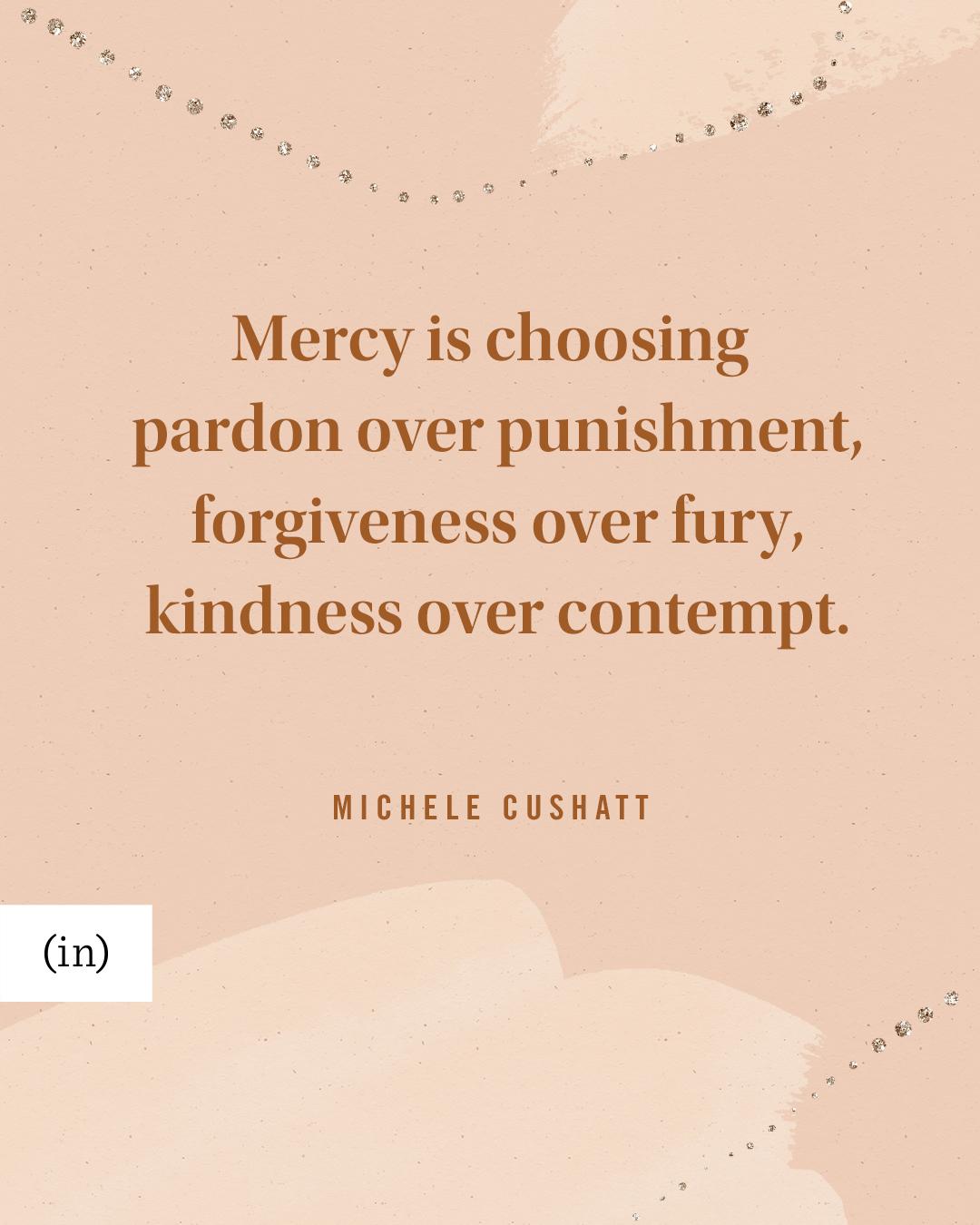He was furious. And only the glass of the driver’s side window separated us. I knew he wanted me to lower my window, but I hesitated, bracing myself for whatever happened next.
A few minutes before, I’d pulled our boat trailer out of a parking spot and headed toward the boat ramp where my husband and daughter waited. We’d spent the morning and early afternoon enjoying a day on the lake. We’d planned to stay longer, but a storm rolled in. So I’d rushed to get the trailer, anxious to get my loved ones off the lake before the lightning and thunder hit.
Little did I know, a bigger storm was headed my way. As I drove through a complicated parking lot, trying to get to my family while keeping an eye on the incoming storm, I must’ve cut in front of another driver who was also trying to pull his boat out of the water. Of course, I didn’t know this as the red-faced man stood on the other side of my window with murder in his eyes.
Every nerve stood alert as I slowly lowered my window.
“Can I help you?” I asked.
I will spare you his vitriolic language. In short, he proceeded to accuse me of all manner of parking lot etiquette offenses. It’s remarkable how quickly the brain processes danger, absorbing information and attempting to determine the best course of action. The man’s rage was barely contained, all reason gone. I had every right to defend myself and give him a dose of his own medicine. He was out of line, and someone needed to call him on it.
But that day, I didn’t.
“I’m so sorry,” I apologized, hand on my chest, attempting to keep my voice calm and earnest. “I had no idea. I didn’t see you.”
His tirade stuttered, but didn’t quite stop.
I repeated myself.
“I believe you. Based on what you’re saying, I’m sure I did that.” I nodded. “It’s just that I didn’t see you. I was so focused on the signs and trying to turn the right way, I completely missed seeing you doing the same. Again, I am so very sorry.”
It was as if my words absorbed the oxygen out of his. His rage dissipated, his face returned to a normal color, and his words evaporated.
“Why don’t you go in front of me?” I encouraged him, smiling. “I’m not in a hurry. Please, go. I can wait.”
He shook his head and backed away, telling me it was fine. I smiled and offered another apology, then wished him a good afternoon. And that was that. In moments, the storm was gone.
I wish I could tell you I handle all heated exchanges with the same amount of calm. I don’t. When it comes to personal relationships, I often turn defensive rather than disarming, critical rather than conciliatory. I defend my rights and match another’s anger with a healthy dose of my own.
The problem is that anger and defensiveness are completely ineffectual in putting out a fire. They only add fuel to it.
Mercy, on the other hand, acts like a balm on a wound, water on a flame. It breathes life where there is death, shines light where there is only dark.
I thought mercy was something that was earned. By definition, however, mercy is something you give when it is not deserved, not earned.
Mercy is choosing pardon over punishment, forgiveness over fury, kindness over contempt. Not because they deserve it, but because they don’t. To be clear, mercy is not codependence or covering up a crime. That would be enabling. Mercy, sourced in divine love, always has the other person’s best interest in mind. It pays the price of someone else’s mistake, absorbing the expense and covering the cost.
Why? Why would we offer mercy when someone deserves anything but?
“Don’t you see how wonderfully kind, tolerant, and patient God is with you? Does this mean nothing to you? Can’t you see that his kindness is intended to turn you from your sin?”
Romans 2:4 NLT
We offer mercy simply because we are sitting on storehouses full of it. As people who have already received an ocean of unearned, undeserved mercy and forgiveness from a good Father, we have more than enough mercy to spare for those who are desperate for it. Mercy transforms broken people, builds bridges in broken relationships, and heals wounds that have long refused to heal.
It’s scandalous, God’s mercy.
The one thing we are so reluctant to give is the very thing we (and our world) need most.
Ultimately, we must choose. Will your life be marked by offense? Or by God’s mercy? Choose the first, and you’ll find yourself surrounded by raging fires that consume your joy. Choose the latter, and those who receive your offer of mercy might learn something of the unearned, undeserved mercy and forgiveness of God for themselves.







Reader Interactions
No Comments
We'd love to hear your thoughts. Be the first to leave a comment.